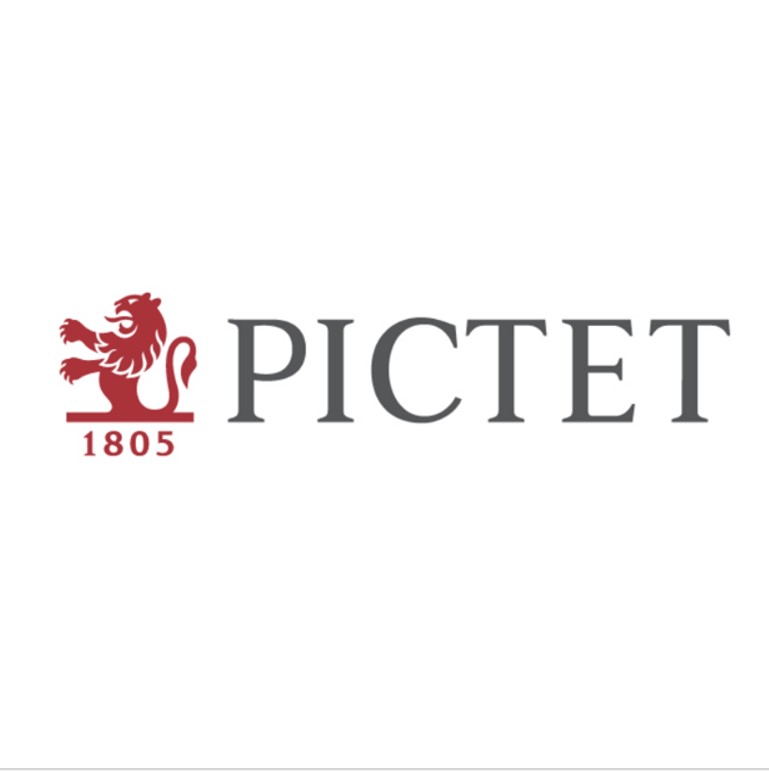Investment Strategies
Pictet Positions For Sluggish Global Growth, Smiles On European Valuations

The Swiss firm explains its asset allocation ideas and economic assumptions for the following year. Among its specific ideas is the view that the US economy is likely to slow rapidly in 2024, while Europe could surprise investors on the upside.
Pictet
Asset Management is keeping to a defensive bias for 2024
because it expects sluggish growth in developed countries
and inflation to fall but remain above central banks’
targets.
Asian emerging markets will lead outperformance of emerging over
developed markets next year, while a decline in correlations
between equities, bonds and other assets means that multi-asset
diversification makes sense, the Swiss firm said in its outlook
for 2024.
“Returns next year on a balanced portfolio – after inflation – in
2024 will be about 3 to 4 per cent, which isn’t that bad,” Luca
Paolini, chief strategist at PAM, told journalists in a briefing
on its outlook late last week. “The appeal of a multi-asset
portfolio is much higher now.”
After the 60/40 equities/bonds split of portfolios – a
traditional asset allocation stance – got thumped in 2022 when
interest rates rose, it looks as though this is delivering
returns in 2023, Paolini said.
In other comments, Paolini, talking alongside Arun Sai, senior
multi-asset strategist, said that geopolitical risk is unlikely
to diminish in any meaningful way, with the countries accounting
for half of the global output holding elections during the year,
which is likely to result in a slight increase in market
volatility.
“The economic environment is not particularly promising:
stagnating growth in developed economies, rising unemployment and
inflation that refuses to return to central bank targets will be
key features of the investment landscape,” Paolini and
Sai said.
Pictet Asset Management forecasts developed economies to post
inflation of 2.7 per cent next year, coming down from 4.7 per
cent.
Falls in inflation will not trigger a bout of rate cuts, PAM
warned: “With central banks still smarting from letting inflation
get out of control, unless significant progress is made towards
target, they are unlikely to enter into an aggressive easing
cycle.”
The Swiss firm said the Bank of England looks likely to be the
first major central bank to cut rates and the threat of recession
could mean that the BoE starts to ease as early as May.
“The US Federal Reserve will be more cautious than the market
currently expects, but [we] still see it trimming twice in the
latter half of the year and the European Central Bank doing the
same,” the firm continued.
Pictet thinks the biggest global economies will avoid recession,
predicting that developed economies will grow by 1.0 per cent
after expanding by 1.6 per cent in 2023, with the US slowing to
0.9 per cent from 2.4 per cent growth .
Emerging world
“In the emerging world, economic conditions will be considerably
better. We see emerging market economies posting robust growth of
4.0 per cent, up from 3.8 per cent in 2023 and 2.8 per cent in
2022, which is likely to be underpinned by China’s recovery from
this year’s low point,” Pictet Asset Management said.
“As nominal economic growth slows in the developed world, so will
corporate earnings growth – particularly during the first half of
the year. Even with a rebound later in the year, we expect global
equity returns of around 5 per cent for the year, down from 15
per cent in 2023,” the firm said.
Bonds, by contrast, should benefit from the drop in inflation and
a start to the easing cycle of the central banks. We see global
bond yields dropping by around 50 basis points, which should
deliver investors a 7 per cent total return from basically zero
per cent so far this year, Pictet Asset Management
said.
Shifts
The firm said the US economy will slow “dramatically,” but
Europe is likely to “beat investors’ gloomy expectations.”
“With equity valuations depressed within the single currency
zone, European stocks have a solid prospect of outperforming
during the coming year. Meanwhile, although robust economic
growth in emerging markets bodes well for stocks there, risks
centring on China – the economy is only slowly recovering and
remains vulnerable to its highly leveraged property market –
tilts us in favour of EM [emerging market] bonds,” the firm
said.
Additionally, Pictet Asset Management said gold prices should be
“well supported” by a weak dollar and peak in US interest rates
and lingering geopolitical risks.